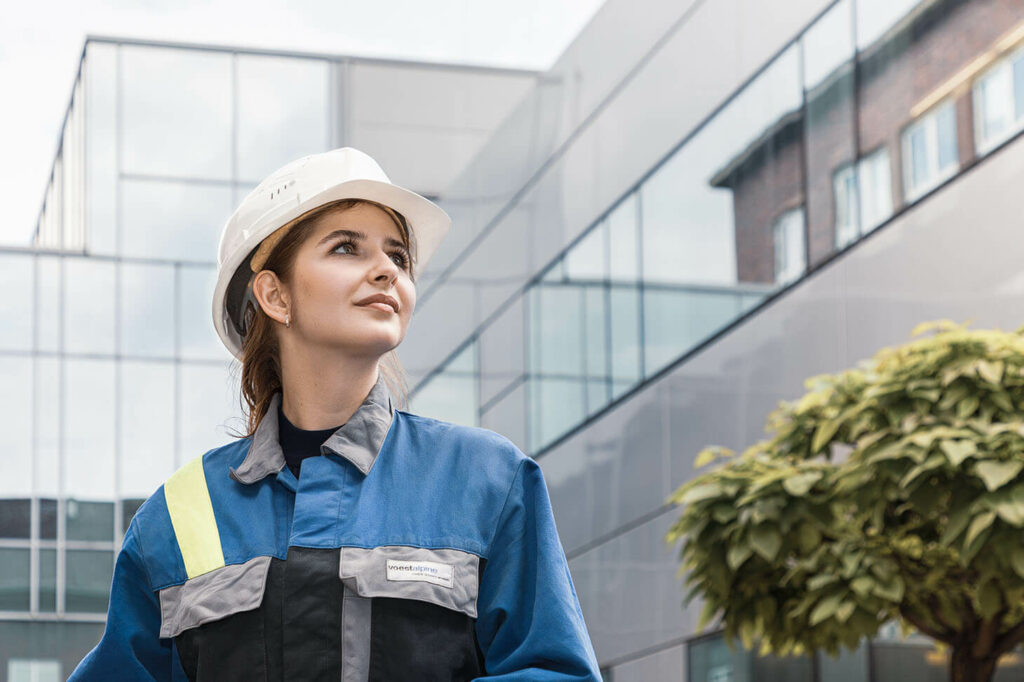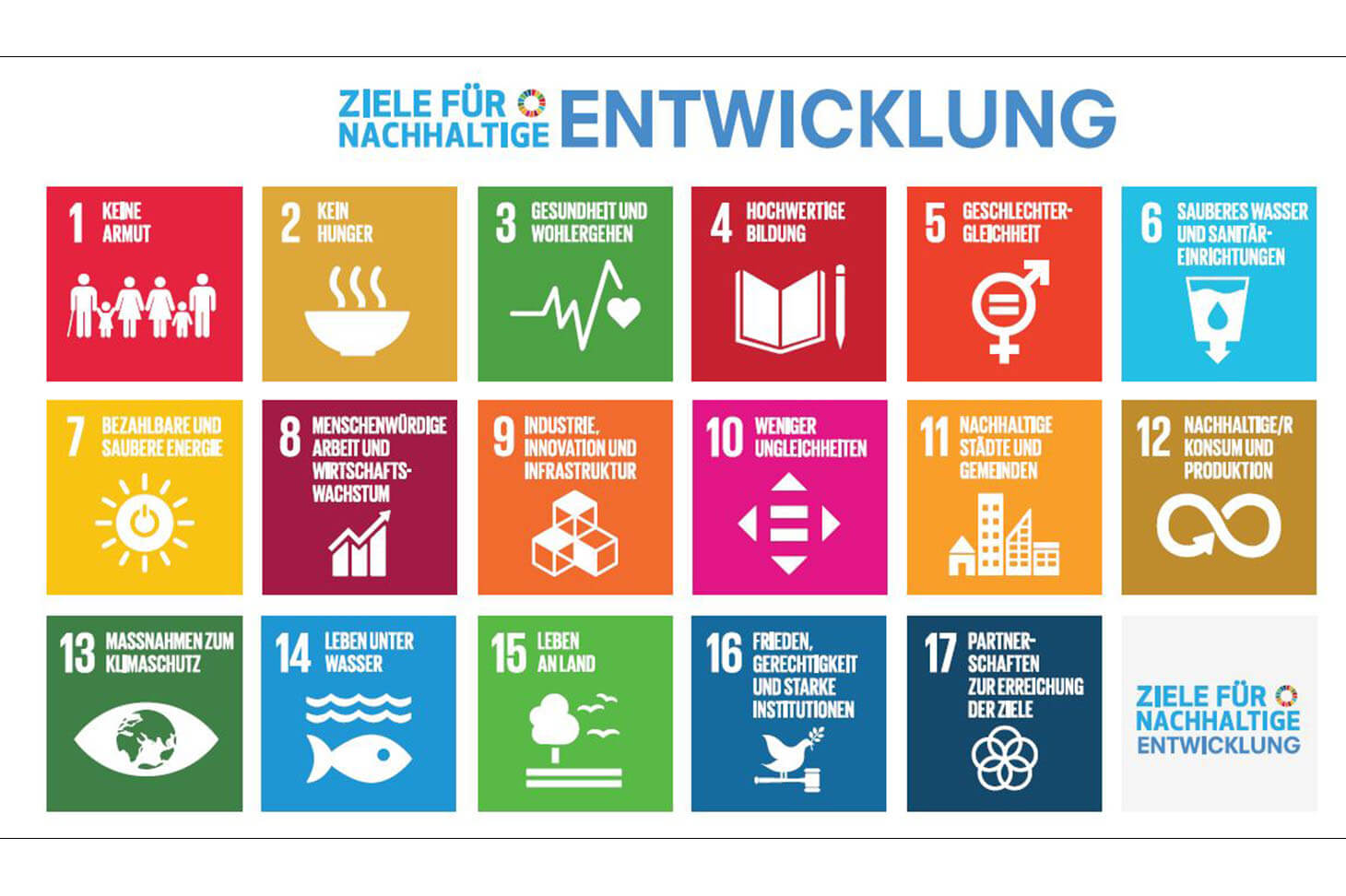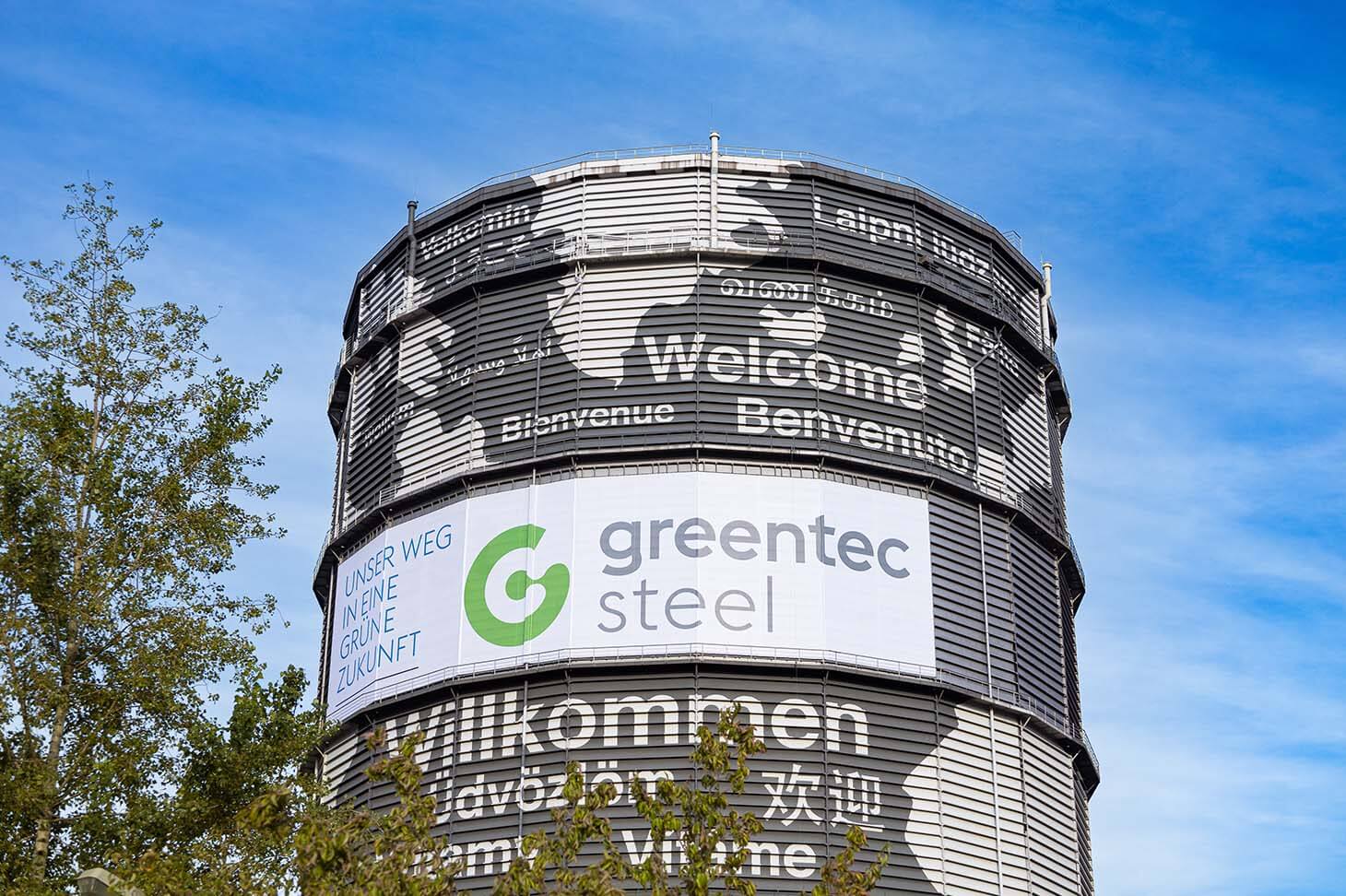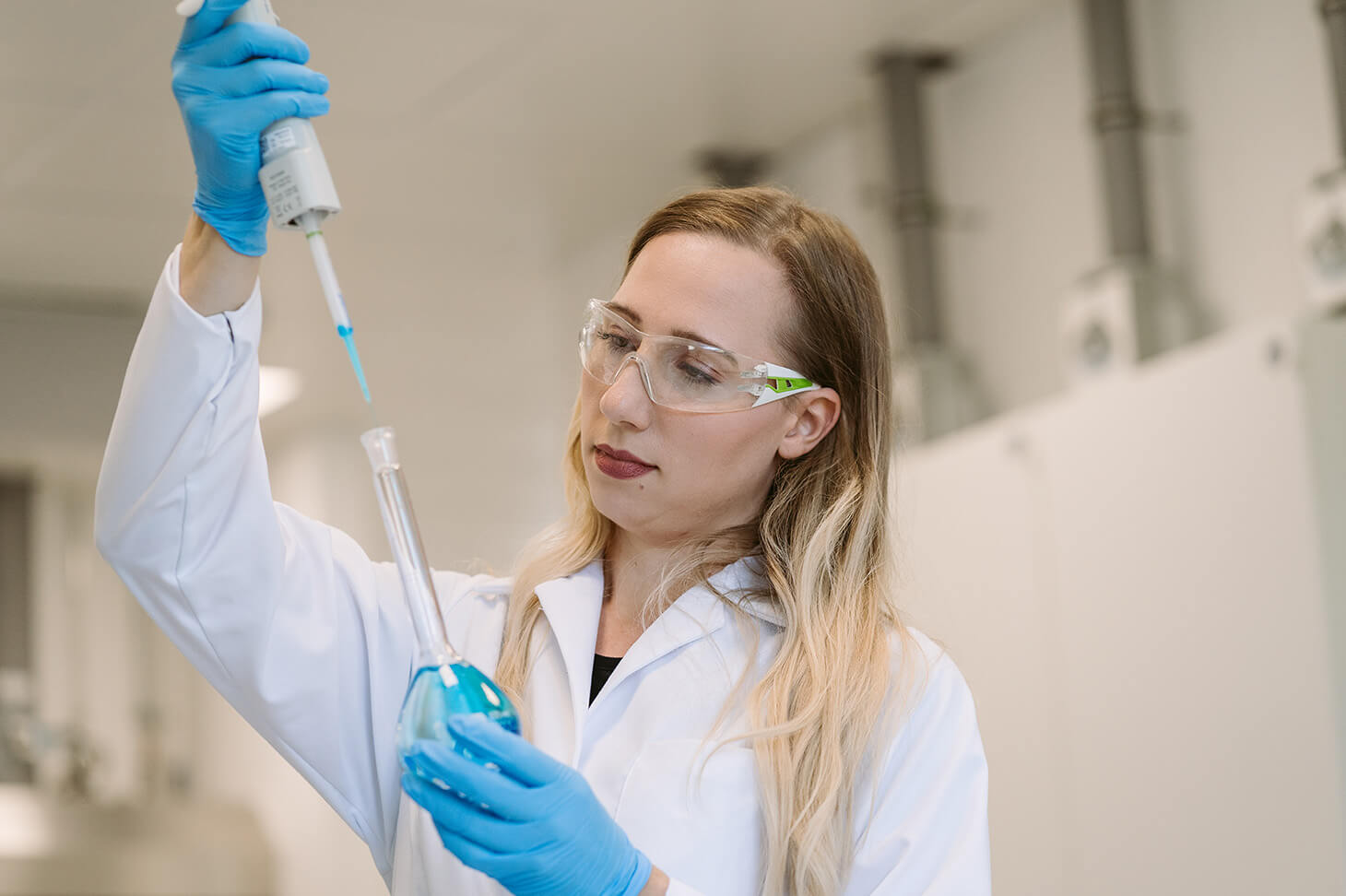The voestalpine sustainability strategy
Our sustainability strategy takes a holistic approach and establishes our guiding principles and goals for acting in an economically, ecologically, and socially sustainable manner.
- 14 Nov, 2022
- 3
Our sustainability strategy takes a holistic approach and establishes our guiding principles and goals for acting in an economically, ecologically, and socially sustainable manner.

As an integrated sustainability strategy, it impacts all areas and processes in our company, including our technologies, supply and value chains, products, and services. It sets out guiding principles and goals for ensuring our actions are economically, ecologically, and socially sustainable. These goals are broken down into specific fields of action and operational areas.
Our sustainability strategy reinforces our commitment to act responsibly, something we have been doing for many years. It shows our customers and other business partners that we take corporate responsibility seriously. It is also very important to employees that the company they work for is clearly committed to sustainable business and pursues the corresponding goals. A responsibly implemented sustainability strategy promotes our attractiveness as an employer.

Our sustainability strategy is implemented and continually developed in our four divisions, business segments, and business functions, as well as in specific projects or together with partners. The strategy is based on our integrated approach and the United Nations’ Sustainable Development Goals (SDGs).

The United Nations has formulated 17 goals for sustainable development. Governments and companies alike are being asked to play their part in achieving these goals. The goals cover economic, ecological, and social aspects. voestalpine makes a significant contribution to twelve of these goals through its processes and products.
The ecological focus of our sustainability strategy lies in reducing CO2 emissions, conserving resources, and the circular economy. We have set ourselves the goal of reducing direct emissions from production (Scope 1) and indirect emissions from purchased energy (Scope 2) by 30% to 2029 (relative to 2019), and reducing indirect emissions from raw material procurement and transportation (Scope 3) by 25%. Thanks to new and groundbreaking technologies, steel production should become climate neutral by 2050. These efforts are supported by the Science Based Targets initiative which we joined in July 2022.

Life cycle considerations, innovative products, and expanded material and energy cycles help us achieve our resource conservation and circular economy goals.
It is clear that intensive research and development (R&D) is also necessary to achieve our ecological goals. Consequently, we have set a series of research priorities, for example in the areas of digitalization, innovative products, the circular economy, and climate-neutral steel production.


For decades, voestalpine has been the environmental and efficiency benchmark for the industry. We focus on sustainability out of conviction, not because it is the trend. We provide information on which sustainability criteria and standards we follow, on how we are continuously improving our carbon footprint, and about the innovative, sustainable products and solutions we develop for our customers in order to make the world a little better.
Die voestalpine ist ein weltweit führender Stahl- und Technologiekonzern mit kombinierter Werkstoff- und Verarbeitungskompetenz. Die global tätige Unternehmensgruppe verfügt über rund 500 Konzerngesellschaften und -standorte in mehr als 50 Ländern auf allen fünf Kontinenten. Sie notiert seit 1995 an der Wiener Börse. Mit ihren Premium-Produkt- und Systemlösungen zählt sie zu den führenden Partnern der Automobil- und Hausgeräteindustrie sowie der Luftfahrt- und Öl- & Gasindustrie und ist darüber hinaus Weltmarktführer bei Bahninfrastruktursystemen, bei Werkzeugstahl und Spezialprofilen. Die voestalpine bekennt sich zu den globalen Klimazielen und verfolgt mit greentec steel einen klaren Plan zur Dekarbonisierung der Stahlproduktion.
Social responsibility
In addition to ecological aspects, the sustainability strategy focuses heavily on social issues. It defines guiding principles and goals for employee education and training, for equal opportunity, health and safety in the workplace, respect for human rights, and the advancement of women in technical professions.